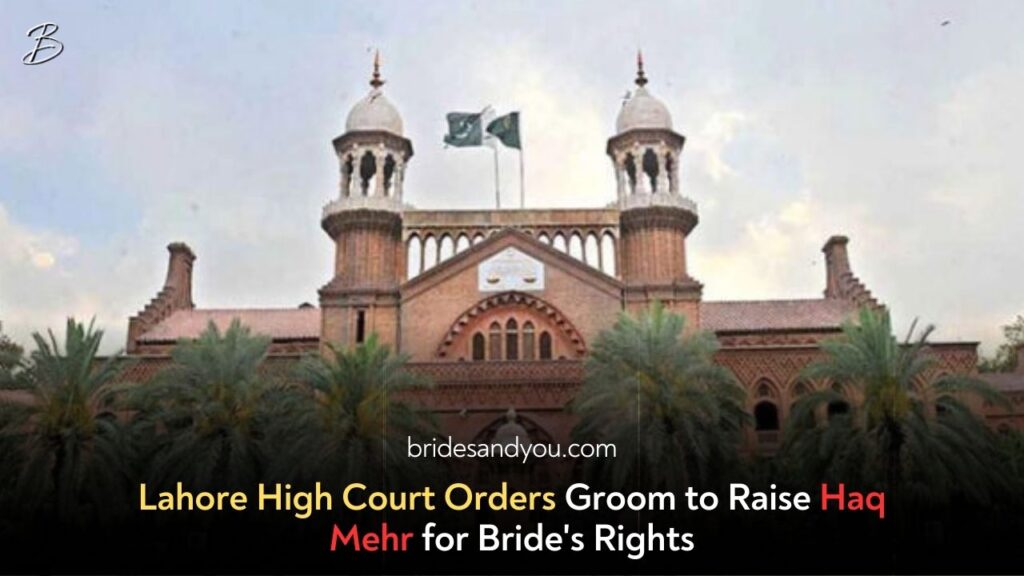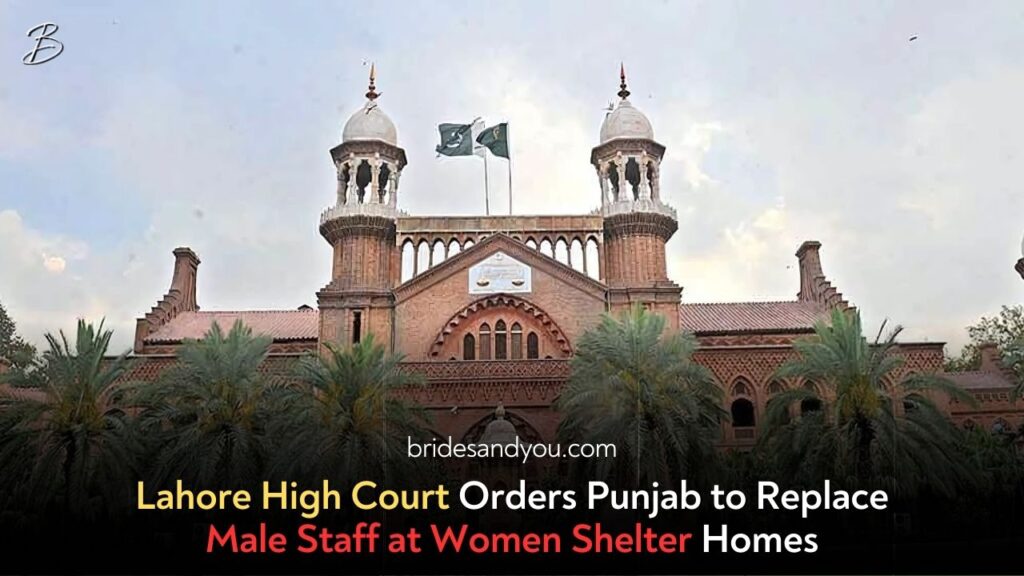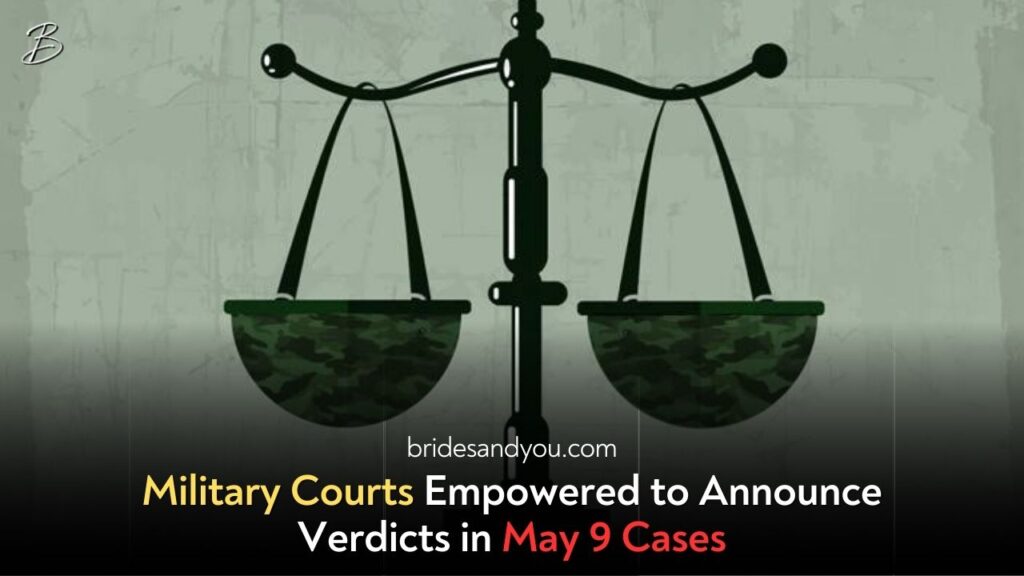Now Reading: PETITION FILED IN LAHORE HIGH COURT FOR SC RESERVED SEATS RULING
-
01
PETITION FILED IN LAHORE HIGH COURT FOR SC RESERVED SEATS RULING
PETITION FILED IN LAHORE HIGH COURT FOR SC RESERVED SEATS RULING
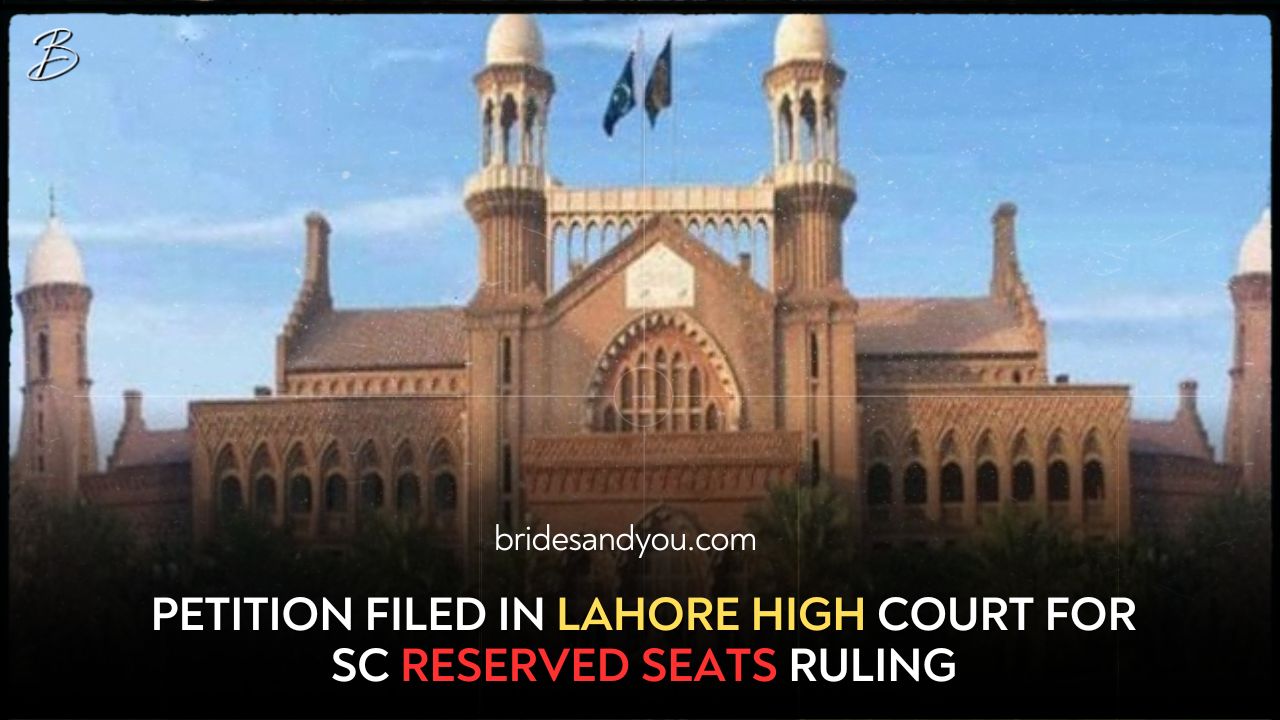
A petition has been submitted to the Lahore High Court, requesting the enforcement of the Supreme Court’s decision regarding reserved seats for Pakistan Tehreek-e-Insaf (PTI).
This petition follows the Supreme Court’s recent detailed verdict on the issue, which was issued by an eight-member bench.
Munir Ahmed, the petitioner, urges the court to ensure the implementation of the Supreme Court’s ruling, arguing that PTI has not yet received its reserved seats in the provincial assemblies despite the court’s clear decision. The petition highlights that letters were sent to the speakers of all four provincial assemblies, yet the seats remain unallocated to PTI.
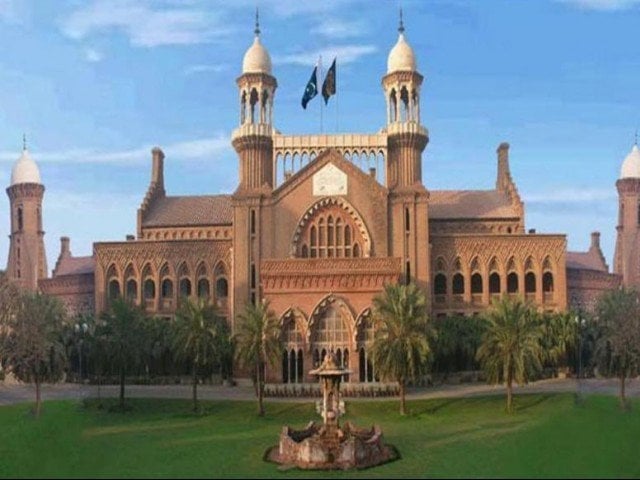
The Lahore High Court has been asked to mandate the execution of the Supreme Court’s ruling, which would enable PTI to secure its reserved seats as stipulated.
The Supreme Court determined that the Election Commission of Pakistan (ECP) failed in its role as a “guarantor institution” of democratic processes. In a comprehensive 70-page verdict authored by Justice Mansoor Ali Shah, the court declared the ECP’s decision regarding reserved seats unconstitutional.
The judgment, rendered by an 8-5 majority, overturned a previous ruling from the Peshawar High Court (PHC) and confirmed that reserved seats should be allocated to PTI. The majority opinion, including Justices Yahya Afridi, Aminuddin Khan, Jamal Khan Mandokhail, and Naeem Akhtar Afghan dissenting, underscored the importance of proportional representation.
The ruling emphasized that the ECP, as a constitutional “electoral management body,” plays a fundamental role in ensuring democratic processes, likening its status to that of a “fourth branch of government.” It is tasked with maintaining transparency and fairness in elections to uphold public trust in the electoral system.
The judgment expressed concern that the ECP had not fulfilled its responsibilities during the 2024 General Elections, noting its participation as a contesting party in cases involving rival claims to the reserved seats. The court highlighted that the ECP should have acted impartially rather than as an opposing party in these disputes.
Judicial intervention is deemed necessary when the ECP makes significant errors that impact the electoral process, with the judiciary serving to preserve electoral integrity and public confidence in governance. The Supreme Court’s role in maintaining electoral integrity is vital for safeguarding democratic legitimacy.
The petition asserts that elections are essential to democracy, with the public invested in ensuring free and fair processes, unmarred by corruption. Election disputes, therefore, involve not only the candidates and political parties but also the rights of voters and constituencies.
The ruling underscores the importance of upholding the rights of political parties to contest elections and the voters’ right to choose, as enshrined in Articles 17(2) and 19 of the Constitution. It concludes that a declaration of a party’s ineligibility for an election symbol does not affect its constitutional rights, a position not adequately clarified in earlier orders, which contributed to confusion regarding PTI’s status and its entitlement to reserved seats.
The court also raised doubts about the ECP’s authority to reject certificates of intra-party elections and whether it acted justly in PTI’s case, especially considering the announced election program and the fundamental rights at stake. However, it refrained from making definitive statements on these matters as they are currently under review in a pending petition filed by PTI.

